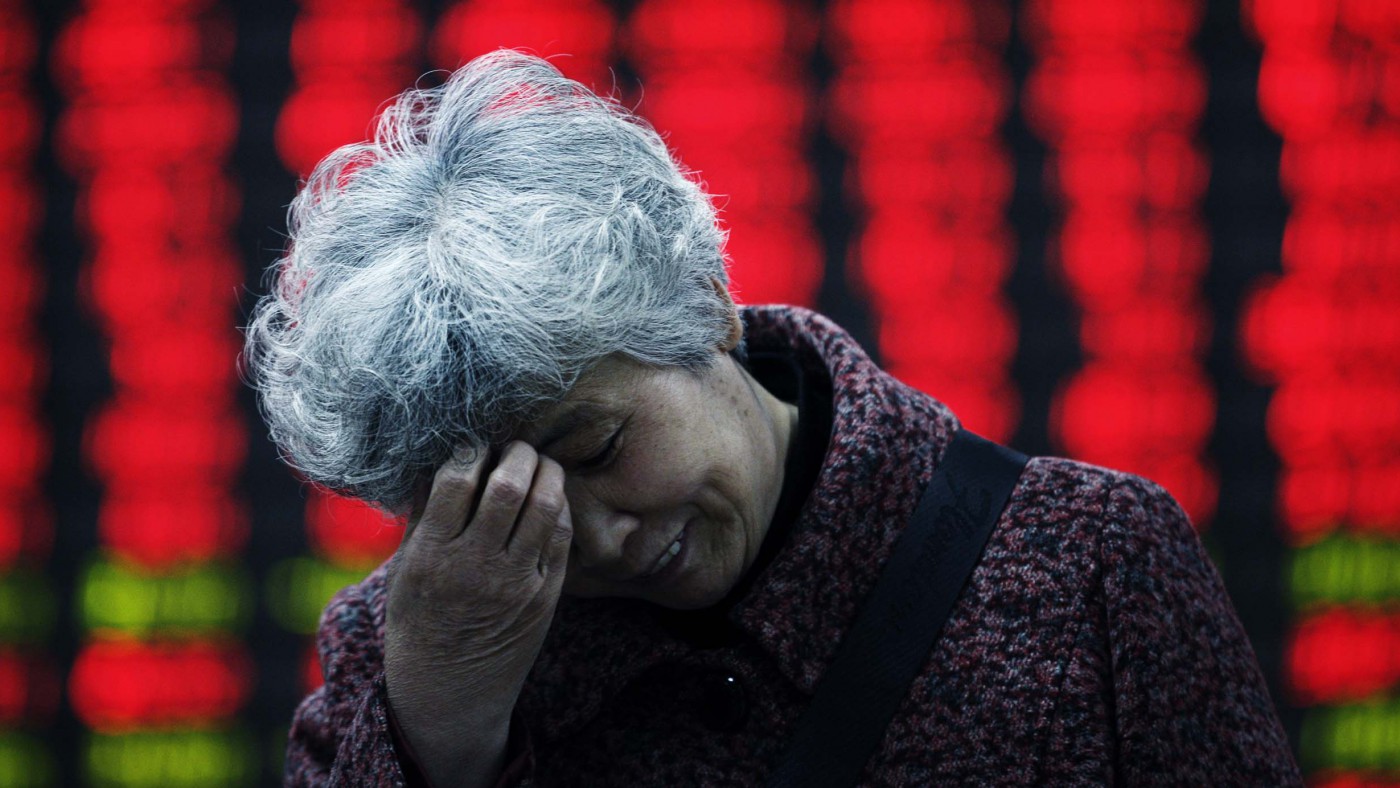As the Chinese are finding, they take some getting used to, these market thingummy jigs. The Beijing authorities were still struggling this week, after regulatory circuit breakers closed trading on Monday following a 7% decline in the Shanghai Composite Index and on Tuesday, government financial institutions were “stabilising prices” buying up shares.
It is easy to scoff at such activity, and to worry that it might trigger a global crisis of some kind. But that would be wrong on both counts. The Shanghai Exchange is a fraction of the size of New York, smaller than London and international investors are largely excluded. Furthermore, it was not very long ago that the British and American governments were themselves buying up shares in the banking sector.
The Shanghai Stock Exchange is a mere youngster. It was only opened in 1990, which makes it a new kid compared to New York (1817) and London (1773). There is more to a well-functioning market than an order book, prices and few stockbrokers. There is custom, practice, established securities law, analysts and a body of informed sophisticated investors. These things take years to develop.
The recent opening up of the Chinese market to retail investors, margin trading based on cheap credit and a link to its sister Hong Kong Exchange were major developments in the last few years.
The trouble is these reforms inflated a bubble, with the Shanghai index doubling in the year to June 2015, when it peaked at just over 5,100. Now the hot air is being let out we can see that the fundamentals are immature, unpredictable and dominated by state intervention.
Bank of America Merrill Lynch, for instance, reckons that before this correction is finished the index will be back at 2600, back where it started in 2014. On Tuesday, it was steady at 3,280.
The lesson of the current market volatility is that Chinese reform still has a very long way to go. Bans on short selling and on large investors selling shares, the arrest of hedge fund managers and journalists, halts to trading, the bizarre temporary disappearance of the chairman of Fosun for four days before Christmas due to a corruption investigation, all these are signs that the Chinese stock market is currently little more than a government licenced casino.
President Xi Xinping is just fulfilling the role of the chief of police in the movie Casablanca, shocked, shocked that gambling is going on in this establishment.
There is, however, method to this madness. Assuming President Xi is serious about pressing ahead with market reforms – and in achieving full membership of the World Trade Organisation as a market based economy in 2017– blowing his whistle, deflating the stock market bubble and cracking down on corruption will one day be seen as a necessary purging of the system.
The only trouble is that at this point, the authorities seem reluctant to learn the contrary lesson. In a well-functioning market, the Government should ideally stay out of it. We know this from our own history.


